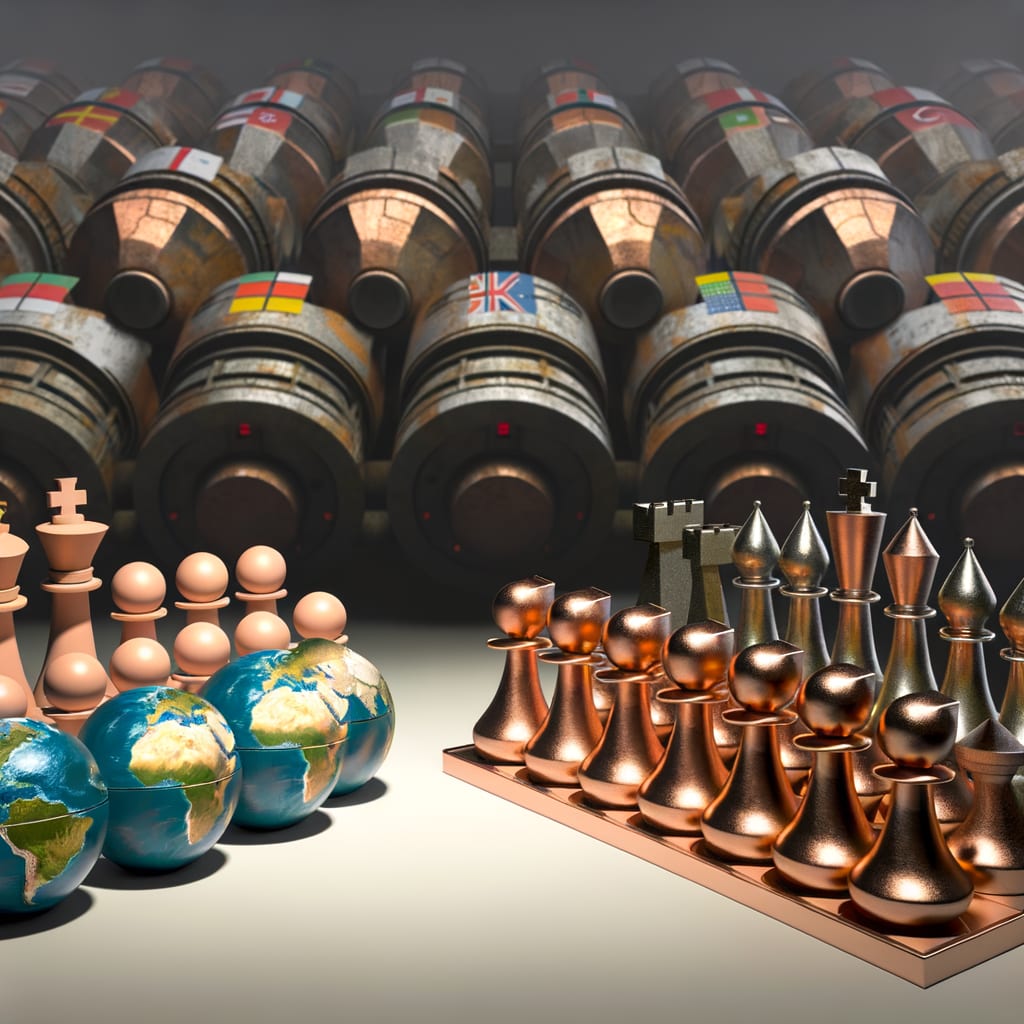China's Rare Earth Export Controls Escalate US Tariff War
China's strictest export controls yet on rare earth elements and related production technology have added a new twist in its ongoing tariff war with the United States. The move took President Donald Trump by surprise, leading him to raise tariffs on Chinese goods by a further 100 per cent. The US has responded by rallying allies to confront China. Meanwhile, China has retaliated by levying reciprocal charges on US ships and switching to local software for official documents.
Background
The trade war officially began on January 22, 2018, when Trump imposed a 30 per cent import tariff on solar panels. Since then, both nations have been in a constant game of tit-for-tat, with each side imposing tariffs and countermeasures. Trump's administration has previously announced 100 per cent tariffs on Chinese goods from November 1.
Rare earth elements, used in a wide range of products from electric cars to weapons systems, are critical to national security. China's dominance in this field has been seen as a strategic advantage. The new export controls are expected to directly impact the defense supply chain, affecting key components in F-35 fighter jets, Virginia- and Columbia-class submarines, Tomahawk missiles, and radar systems, among others.
Key Developments
The US Secretary of the Treasury, Scott Bessent, accused China of attempting to harm the global economy by restricting the export of rare earth elements. In response to China's move, Bessent raised the possibility of the US taking more direct stakes in companies to protect national security and called for a more assertive American industrial policy.
China's new export controls require case-by-case review of rare earth exports intended for use in advanced chipmaking or military-related artificial intelligence (AI). Telecom industry veteran Xiang Ligang expressed surprise at this development, hinting at a potential new front in the US-China chip war.
Implications and Reactions
The new controls have led to concerns about broken supply chains and higher prices for chips, cars, and weapons. Companies and policymakers are considering countermeasures and alternate suppliers.
Treasury Secretary Scott Bessent criticized China's restrictions as a threat to global supply chains and said the US would seek to tighten control over strategic sectors by taking more stakes in key companies. The Trump administration has also vowed to work with its allies and other countries to gain an upper hand in its trade talks with China.
China, meanwhile, announced phased fees on US-linked vessels calling at its ports, in a retaliatory action set to take effect the same day as similar charges announced in April by the Office of the United States Trade Representative. In a significant shift, China also replaced the US-developed Microsoft Word file format with a local alternative in official documents.
Conclusion
As the world awaits a potential meeting between Trump and Chinese President Xi Jinping, the latest developments have heightened tensions between the two superpowers. The impact of China's controls on rare earth exports remains to be seen, but they have undoubtedly escalated the US-China tariff war, with potential implications for global supply chains and national security.

